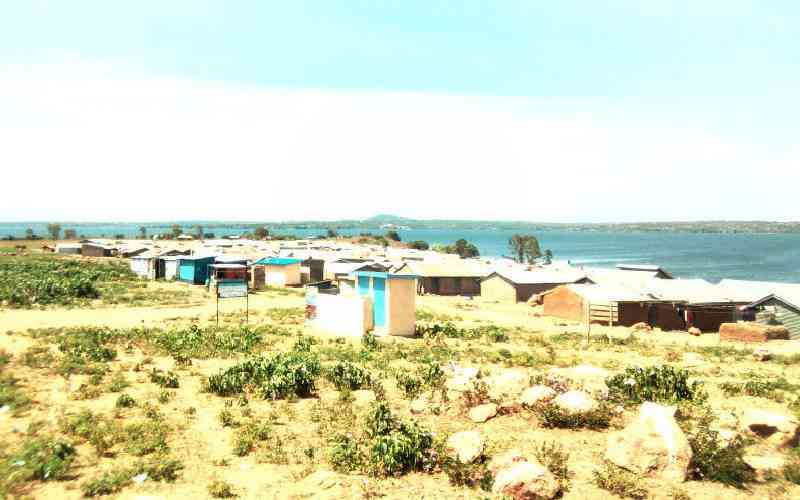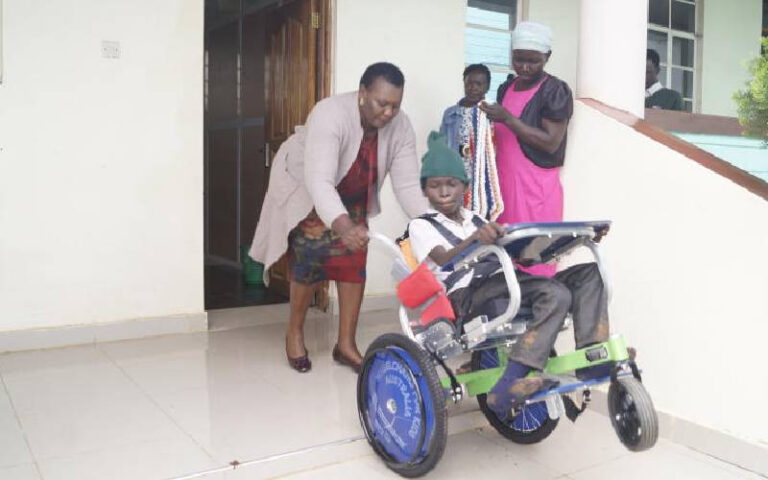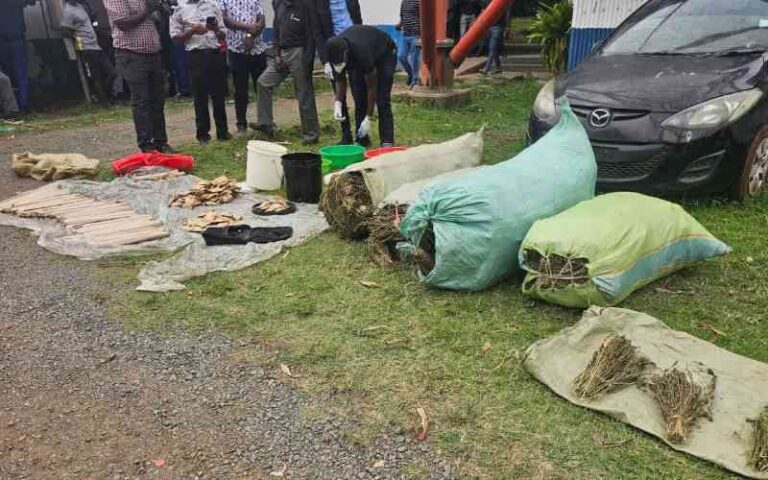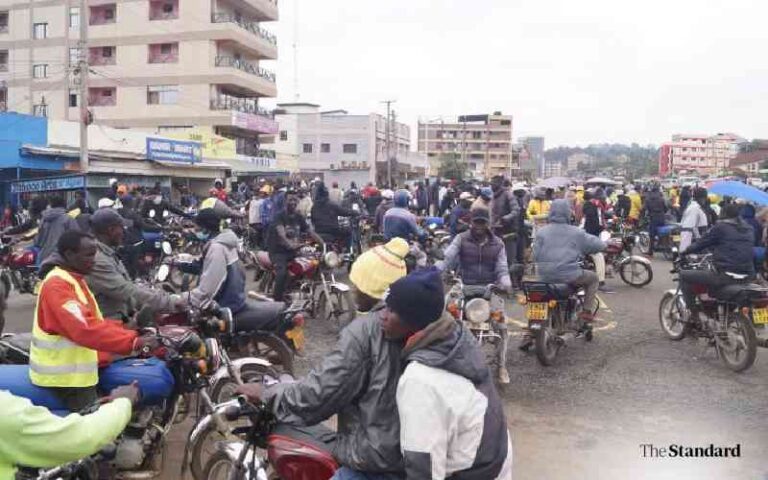Mini-grid solar project lights up Siaya’s forgotten colonial outpost
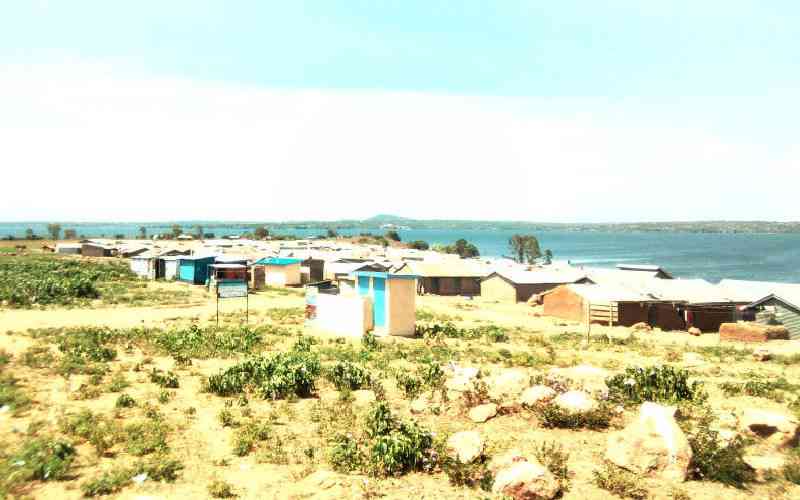
Can anything good come out of Ndeda Island? Perhaps the biblical verse aptly captures the stereotype many residents along Lake Victoria had about the barren Ndeda Island.
It was long considered a forgotten place, with only water, fish, and dry sand to show for it. Everything else—from firewood to vegetables—had to be imported from the mainland.
There was no electricity, no secondary school, and no police presence. Up until recently, the island’s 5,000 residents relied on smoky kerosene lamps and costly charcoal for light and cooking.
Fishermen braved the dangers of piracy on the lake, while hospitals struggled to keep medicines and vaccines refrigerated without power. “Life was very expensive here. A bundle of firewood costs Sh50, and a sack of charcoal Sh1,500. Even a bottle of soda fetched double the mainland price,” recalls Benta Atieno, a local resident.
Today, however, Ndeda is telling a very different story. A solar-powered mini-grid now supplies reliable and affordable electricity to homes, schools, and businesses on the island, transforming the lives of its residents. This project forms part of the Green Mini-Grid (GMG) Facility, a Sh7.5 billion (€50 million) programme supported by the French Development Agency (AFD).
The initiative aims to connect 100,000 Kenyans through 20,000 new electricity connections, adding two megawatts of renewable energy to the national supply and supporting up to eight mini-grid developers.
Its goal is to reduce fuel consumption by 60 per cent, cut operational costs for households and businesses, and promote renewable energy as a sustainable solution for off-grid communities.
Instant impact
“My children can now do their homework under bright light because we no longer spend Sh50 daily on paraffin. Even my phone stays charged,” says Caroline Amondi, a mother of four.
The impact on families is immediate. Businesses have sprung up or expanded. Fishermen now freeze their catch for longer storage, shopkeepers refrigerate sodas, and women traders sell fish late into the evening under electric lights.
Alloys Odhiambo, a fisherman and entrepreneur on the island, told The Standard that they are witnessing remarkable changes. “We are now able to charge our lamps for fishing with ease,” he says.
During a tour of the project, French Ambassador to Kenya Arnaud Suquet praised the initiative for transforming livelihoods. Accompanying him was Siaya Senator Oburu Oginga, who said, “I was an MP here for over 20 years. We built hospitals and schools, but power was always a challenge. This project has filled that gap.” He added that electricity has helped preserve fishermen’s catches, allowing them to bargain for better prices.
Sandra Kassab, Director of the French Development Agency in Africa, described the multibillion mini-grid initiative as a game changer. “It is helping extend electricity access far beyond the national grid.
Join Us

